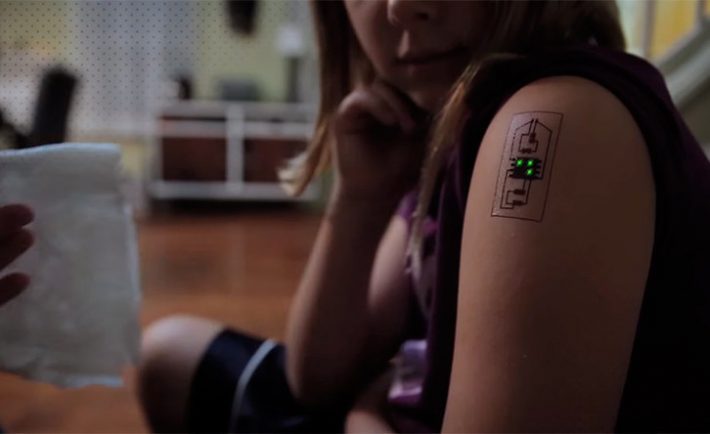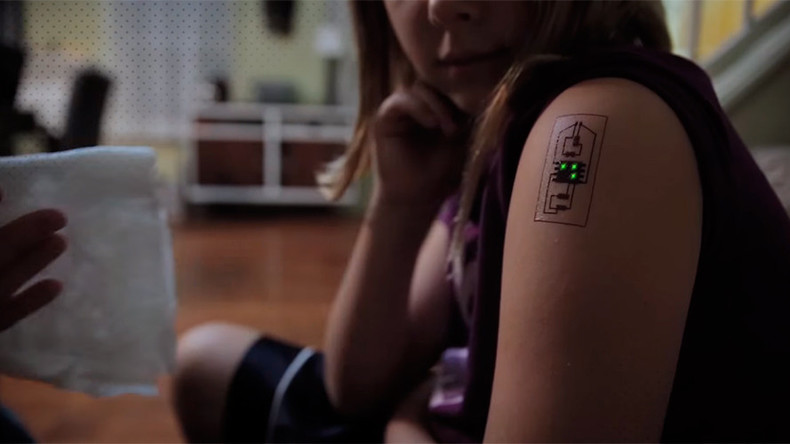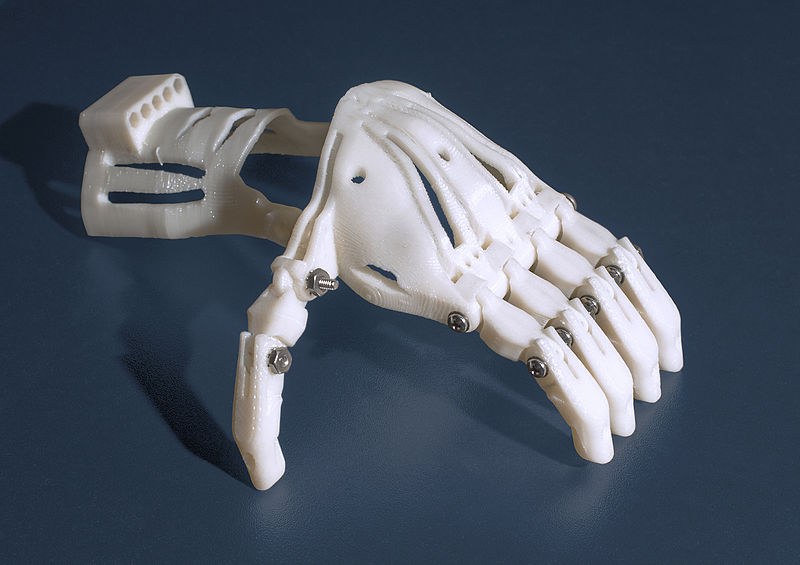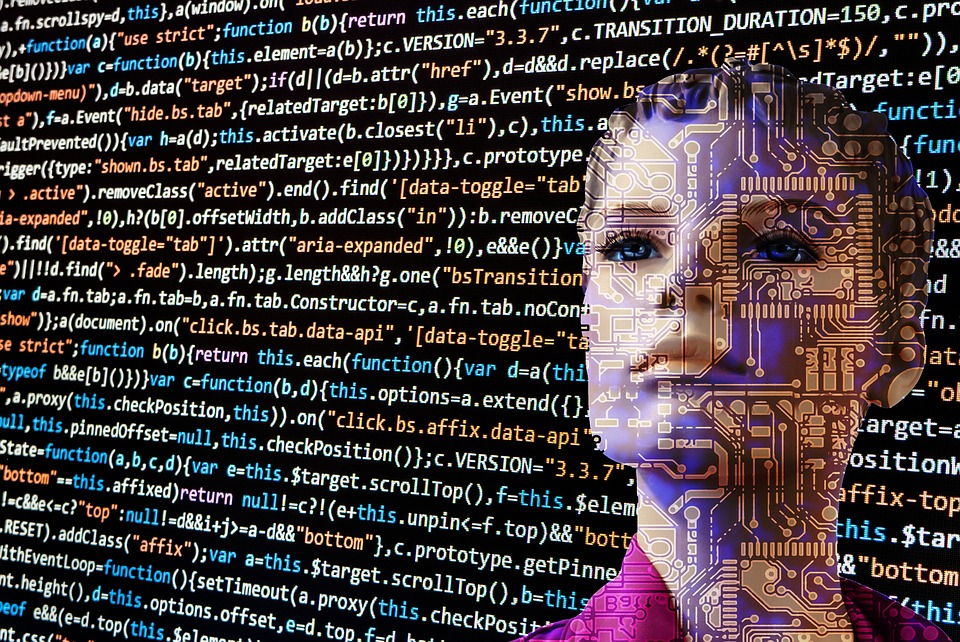
Technology is constantly evolving and growing, leading to exciting new possibilities and awesome, incredible advances in society. It is also worth noting just how fast tech can change the world. Think back to the nineties long before the internet had become such a pivotal part of our lives. There was no such thing as cloud servers, and it would take an age to transfer data that we can now send in literal seconds. Almost every social and business interaction is now online or in some way connect connected to the digital. You might think that advances in medical tech are not as rapid. They certainly don’t seem like it do they?
But they are, and the reason these advances often seem slower is because they happen behind the scenes and are typically not known by the average individual. Unless of course, they operate in the medical industry. As well as this, if advances are related to diagnostic medicine or treatment, then they need to be approved. This can mean it will be years before the general public even know that they exist.
With research and a few smart predictions it is possible to see what tech concepts will shape the future of the medical industry over the next decade. So, what advances are going to play a pivotal part in medicine by 2030?
Augmented Reality
Most people are vaguely aware of the concept of augmented reality. Augmented reality is the concept of putting a computer generated image on a person’s view of the real word. By doing this, individuals are able to interact with something virtual in a real space. This is typically used in marketing, and the most well-known form of this tech is probably Pokemon Go. Playing the game users can catch digital pokemon that can be found in the real world and seen on a smart device.
What you may not be aware of is that augmented reality is starting to move into the OR. For instance, using Microsoft Hololens, surgeons have been able to see through structures in the body such as a blood vessel. By doing this, they are then able to make far more accurate and precise incisions and actions to treat something such as removing a tumour. You might think that this tech is light years away, but it’s being used in medical rooms right now. It will only become more apparent in the future. You can see an example of this in the tweet below.
Virtual reality and agumented reality technology advantages in medicine and surgery https://t.co/2UnAz549OD pic.twitter.com/4qsUpzCivw
— virtualcollabs (@virtualcollabs1) September 8, 2016
What about virtual reality? Here, users can enter a virtual world, lookings around and enter a virtual operating room to see a real surgery being performed or even participate in an artificial one. The obvious benefit of this type of tech is going to be for teaching purposes. New doctors and trainee surgeons will be able to learn in the most realistic way possible and gain knowledge and skill before operating themselves.
Medical 3D Printing
3D printing has become very popular lately, and you might even have one in your office or in your home. It’s a fun gadget, and there are plenty of videos online that showcase how this tech can be used to make fun 3D items. But did you know that they are now being used in medicine? It’s true. 3D printers can be used to create prosthetic legs, arms and hands in a way that is quick, cost-effective and will change the lives of those who need a literal helping hand.
But what could this tech be used for in the future? Could it be used to print prosthetic organs? Perhaps a set of lungs or even heart? If this were possible, then it would completely change the world of organ donations as we know it today. Organ donor lists are long, and it is often a lottery as to whether or not you get the organ you need. But if we could print organs, it would be a completely different story. Is there any evidence to suggest that this could become a possibility in the future?
Interestingly, the answer is yes. In 2016, a university in North Carolina claimed they had created a 3D printer that could print organs, bones and tissues. Theoretically, the printed materials could be implanted into a living human. We’re not quite there yet of course, but experts believe that this possibility is no more than a few years away. If we can already print the organs, we now need to work on the tech that will make them work and ensure that they are as durable and last as long as the real deal. There is currently research ongoing to create everything from a kidney to a heart. One day, this could be the answer to the organ shortage.
Google Brain
Recently, Google hired Ray Kurzweil to establish and develop the ultimate artificial intelligence. While this might sound like something out of Terminator, the team have made great progress. It’s also worth pointing out that Google aims to use this new tech to improve the lives of people and customers through the use of artificial intelligence. Google doesn’t go into details about how this might be possible, but in the medical world, there is talk of it being one of the earliest steps towards a virtual self.
It’s quite possible that this won’t become a reality in the next decade, but you could certainly see it occur in your lifetime. It is no exaggeration to say that this would end our concept of mortality as we know it today. Essentially, you could upload your mind into a computer and live on digitally. What we’re talking about here would likely mean an end to what medicine has mainly become. Today, medicine is based around prolonging people’s life expectancy, but if you can live digitally, there’s no need to do this.
Curing And Diagnosing Cancer

Today, our ability to diagnose, treat and cure cancer feels incredibly limited, but progress is being made. Companies are constantly looking for fresh ways to study and treat the disease, even exploring the possibility of immunity to the condition itself. It’s a long road ahead, but tech will certainly be the key concept in the fight against cancer. For instance, consider robotics. It’s true to say that tumours are often incredibly difficult to remove. They often require such precise, intricate work that it can’t be completed by the human body. But a robot can. A robot can slice and dice with a level of expert precision that is completely incomparable. These robots are already in the operating rooms, and they could be operating on you next time you need something serious removed from your body.
Today, these robots are controlled by doctors who are trained to handle them. Tomorrow? They could be controlled by AI. This essentially eliminates the problem of human error from surgery, and that’s important. Medical malpractice lawsuits are one of the common injury claims in the world today. By eliminating the danger here, the rate of successful medical procedures would all but certainly rise.
That’s not the only way that new tech could benefit cancer treatments. What about multi-functional radiology options. Radiology is one of the areas of medicine that is growing the most rapidly. It would be unsurprising to discover that this could be the answer to diagnosing cancer as quickly and accurately as possible. Radiology does have the potential to do this. Experts see a future where a machine could scan your body in seconds and tell you if you are cancer free. That could become a reality in the next ten years.
Optogenetics
Optogenetics is a complex idea, but it’s one that is far more apparent in medicine than most people realize. The basics of this concept is to use light to control cells that are in tissue. By doing this, it might be possible to stop people feeling pain. This has been effective in studies using mice. Scientists were able to use the technique to change the memory of the hippocampus. Now, it’s worth pointing out that causing this type of effect on mice does not mean researchers can replicate it in humans, but it’s certainly a positive first step. Over the next few years, there were will likely be an extensive focus on this concept. After all, over 25 million Americans are suffering from chronic pain right now.
Medical IDs

Tech Tatts: Biometric tattoos raise the bar in wearable technology (VIDEO)
Finally, patients can die if doctors do not have accurate information about who they are, what they might be allergic to or the state of their health before administering treatment. This happens every day, and this is a tragedy that modern tech could prevent. With wearable IDs, it’s possible for every individual on the planet to have a full and comprehensive medical history on them at all times. This can be accessed, updated and even erased digitally. Interestingly this is one idea where we don’t have to wait for the tech to be available. Biometric tattoos are tech available right now. The problem is that there are people who view this as an invasion of their privacy. But it could completely shift emergency response.
Imagine, one day not needing to call a doctor because an ambulance is already there just before you go into cardiac arrest. With tech that can be implanted and measure medical parameters, this could be a very real possibility.







